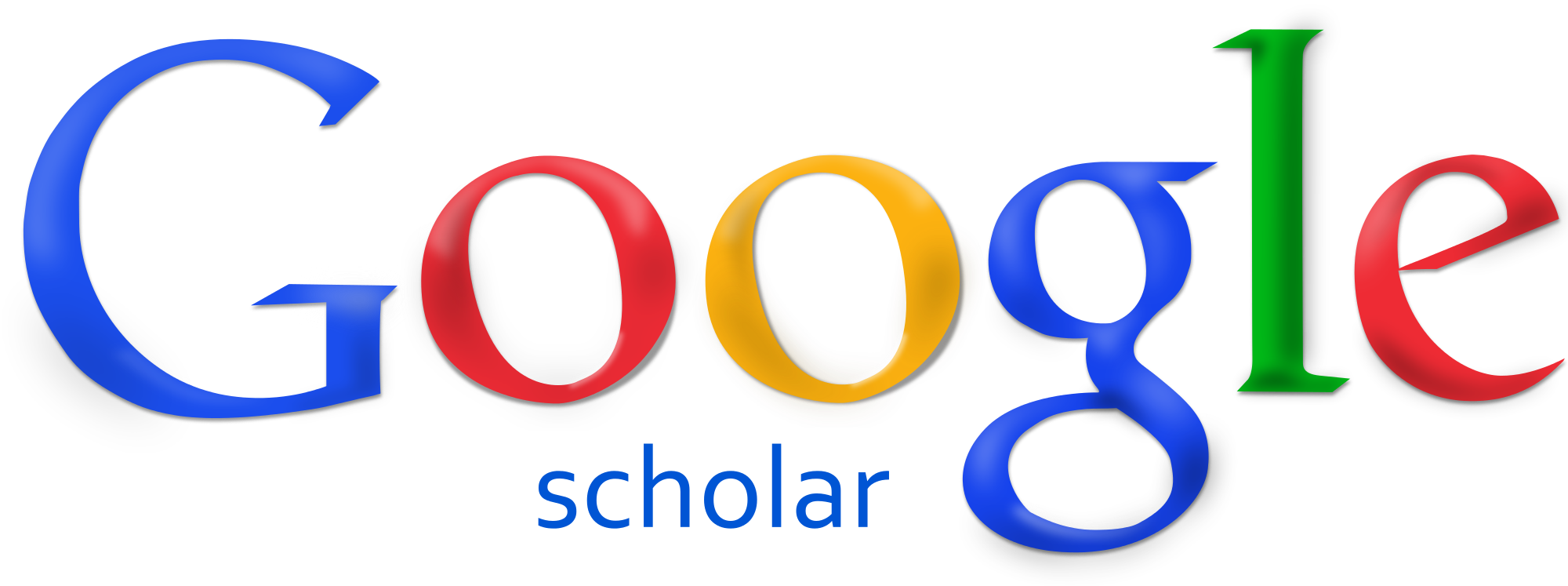Using Digital Platforms for Home Science Education and Awareness
Keywords:
Digital Learning, Home Science Education, Online Platforms, Skill Development, Sustainable Living, AwarenessAbstract
Home Science, an interdisciplinary field integrating science and humanities, plays a crucial role in improving individual, family, and community well-being. The digital revolution has transformed Home Science education and awareness by making learning more accessible, interactive, and flexible. Online platforms such as SWAYAM, Coursera, and Udemy offer structured courses, while YouTube, Instagram, and blogs provide visual demonstrations and expert insights. Mobile applications assist in nutrition tracking, household management, and parenting guidance, while emerging technologies like Virtual Reality (VR) and Augmented Reality (AR) enhance practical learning experiences. Additionally, government initiatives, online campaigns, webinars, podcasts, and discussion forums contribute to raising awareness about nutrition, hygiene, sustainable living, and consumer rights. Digital learning in Home Science offers benefits such as accessibility, cost-effectiveness, engagement, and personalized education. However, challenges such as the digital divide, misinformation, lack of hands-on practice, and language barriers hinder its effectiveness. Addressing these challenges through infrastructure development, credible content regulation, hybrid learning models, and multilingual educational resources can enhance the impact of digital platforms in Home Science education. This study highlights the transformative role of digital learning in promoting lifelong education and skill development in Home Science, ensuring a more informed and sustainable society.
Downloads
Published
Issue
Section
License
Copyright (c) 2025 Madhuri Kumari (Author)

This work is licensed under a Creative Commons Attribution 4.0 International License.
Authors publishing in Wisdom Vortex: International Journal of Social Science and Humanities retain full copyright and grant the journal a non-exclusive license to publish, distribute, and archive their work in print and electronic formats. Authors may share or reuse their work with proper citation to the original publication in this journal.
All works are licensed under the Creative Commons Attribution 4.0 International License (CC BY 4.0), allowing sharing, adaptation, and commercial use with proper attribution. Full copyright and licensing terms are available at Policies section.





